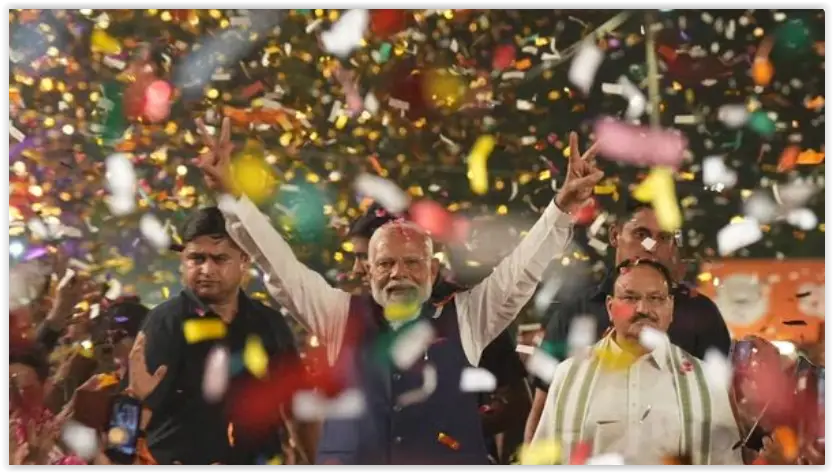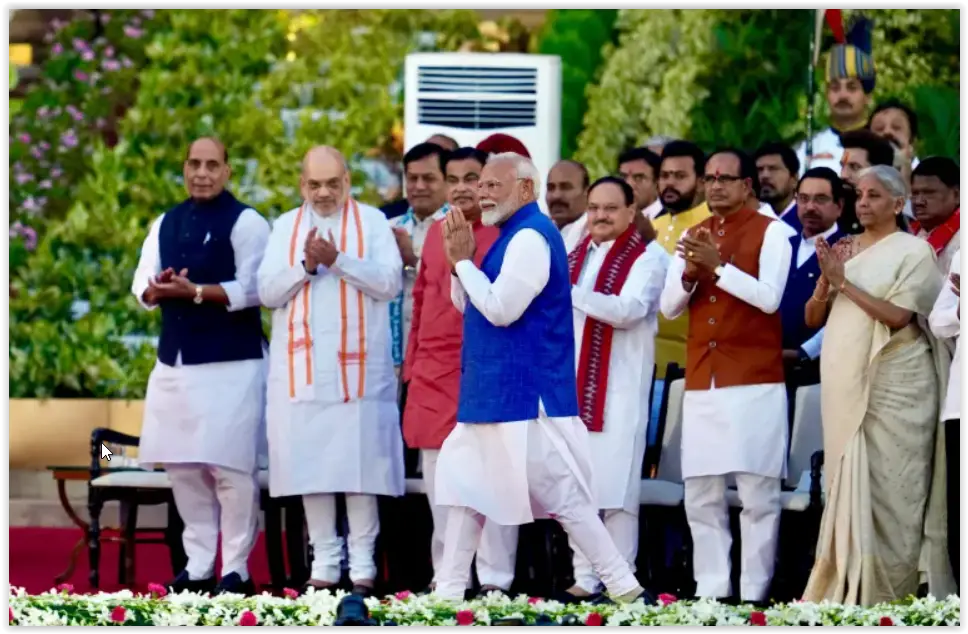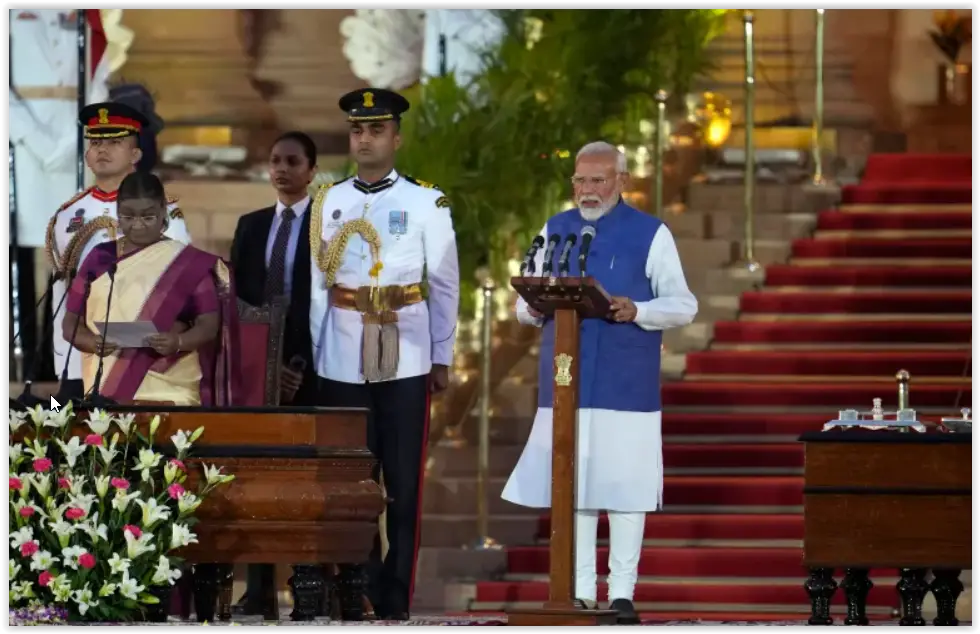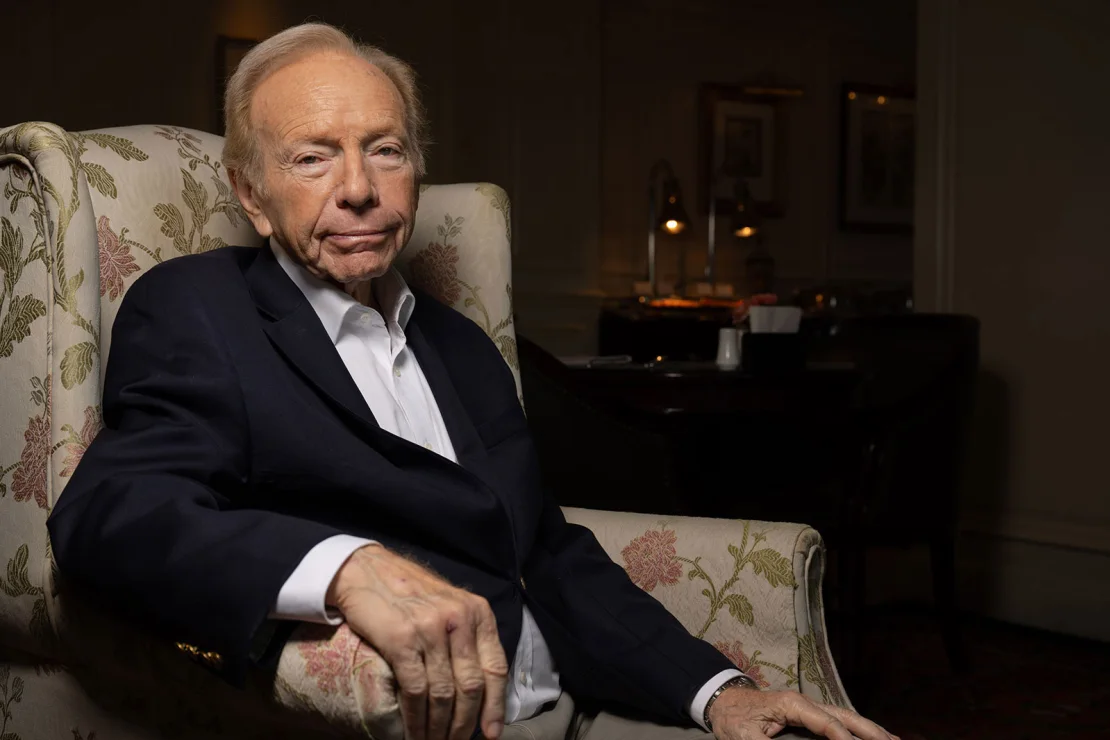Narendra Modi has undeniably elevated India’s global profile during his tenure. Recently securing a third term, he continues to shape India as a pivotal player in critical global issues like climate change and development. His administration has solidified New Delhi’s position as a major security ally of the United States and as a burgeoning leader of the Global South.
Navigating Global and Domestic Waters
The landscape of Modi’s third term contrasts starkly with his previous years in power. While he enjoyed a robust majority before, this term begins with his Bharatiya Janata Party (BJP) forming a coalition government, a development viewed by many as a surprising setback. This coalition necessitates navigating a complex array of domestic agendas, which could recalibrate his government’s focus, potentially impacting his ambitious foreign policy objectives.
Enduring Partnerships and New Challenges
Despite these internal challenges, Modi’s strategic alliance with the United States remains steadfast, enhancing India’s stature as a key player in the Quad security dialogue alongside Japan and Australia. This partnership is crucial as both nations share concerns over China’s assertive regional posture. President Joe Biden’s recent congratulatory message underscores a mutual interest in a “shared future of unlimited potential,” signaling continued strong ties between the two democracies.

The Balancing Act of Strategic Autonomy
India’s approach under Modi has been characterized by strategic autonomy, navigating a path not wholly aligned with either the US or the ongoing US-China rivalry. A notable element of this strategy includes maintaining robust ties with Russia, despite pressures from the US. This balancing act demonstrates India’s commitment to a diversified foreign policy, which remains a constant despite the electoral outcome.
Civil Liberties and International Scrutiny
However, Modi’s tenure has not been without controversy. His administration has faced criticism over issues of civil liberties and the treatment of India’s Muslim minority. These domestic policies have not only affected his national image but have also invited international scrutiny, complicating his foreign policy endeavors. Incidents such as the alleged involvement in the killing of a Canadian Sikh leader and a foiled murder-for-hire plot in the US have sparked diplomatic tensions, raising questions about India’s adherence to international norms.

Regional Dynamics and Future Prospects
Looking forward, Modi’s approach to regional relations, especially with Pakistan and China, will be pivotal. His administration’s previous tenure witnessed heightened tensions with both neighbors. The current geopolitical environment, coupled with the internal dynamics of a coalition government, might influence how India navigates its complex relationships with these countries.
India’s Role on the Global Stage
Despite the domestic political shifts, India’s role on the global stage under Modi’s leadership continues to grow. His ability to balance national interests with global dynamics will be crucial in determining India’s trajectory as a major world power. The world watches as Modi navigates these challenges, aiming to leverage India’s strategic position to enhance its global influence.


